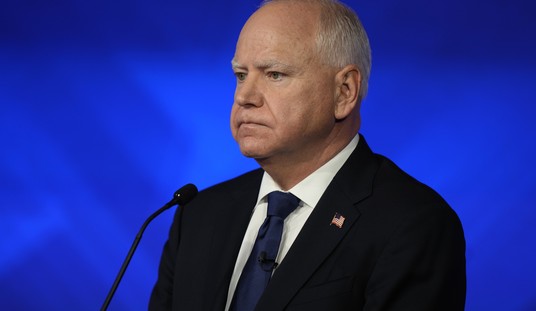The Republican chairman of the House Budget Committee made news recently by announcing that if his party is serious about changing the fiscal path we are on, they'll have to consider raising taxes. Politics is about compromise, so the chairman is right. Every side must give a little. However, "putting taxes on the table" is not as simple a fix to our debt problems as some think.
Looking at recent Congressional Budget Office reports, one can have no doubts about the fiscal mess. Annual deficits of $2 trillion will soon be the norm. Interest payments on the debt will exceed both defense and Medicare spending this year and become the government's largest budget item. With no extra revenue available, the Treasury will have to borrow money to cover these expenses. Meanwhile, we're speeding toward a Social Security and Medicare fiscal cliff that we've known of for decades, and we'll reach it in only a few years.
Talking about the need for a fiscal commission to address Washington's mountain of debt, the committee chair, Rep. Jodey Arrington, R-Texas, told Semafor "The last time there was a fix to Social Security that addressed the solvency for 75 years, it was Ronald Reagan and Tip O'Neill, and it was bipartisan. It had revenue measures and it had program reforms. That's just the reality." He made these comments after some people warned that a fiscal commission is a gateway only to raising taxes.
I understand the worry. That's what the most recent deficit reduction commission tried to do. While I don't believe this is what Arrington is planning, I offer a warning to the chair and the future commission: If the goal is truly to improve our fiscal situation, as defined by reducing the ratio of debt to GDP or reducing projected gaps between revenue and spending, increasing tax revenue should be limited to the minimum politically possible.
For one thing, our deficits are the result of excessive promises made to special interests -- mostly seniors in the form of entitlement spending -- without any real plans to pay. The problem is constantly growing spending, not the lack of revenue and taxes. The common talking point from the left is that rich people don't pay their fair share of taxes is a distraction. Not only is our tax system remarkably progressive, but there are not enough rich people to fleece to significantly reduce our future deficits.
Recommended
Furthermore, the work of the late Harvard economist Alberto Alesina has established that the best way to successfully reduce the debt-to-GDP ratio is to implement a fiscal adjustment package based mostly on spending reforms. A reform mostly geared toward tax increases will backfire as the move will slow the economy in the short and longer terms, causing it to ultimately fail to raise enough revenue to reduce the debt relative to GDP. Legislators, unfortunately, have made this mistake many times without learning any lesson -- at least until the deal that was cut in 1997.
As a 2011 New York Times column by Catherine Rampell reminded us, until then, all deficit-reduction deals were very tax-heavy. What the article didn't mention is that they failed to reduce the deficit. What distinguishes the 1997 deal is that it cut both spending and taxes. The result was the first budget surplus in decades helped by a fast-growing economy. Now, this lesson doesn't mean that a fiscal commission must cut taxes, but it does caution against attempting to reduce the debt largely by raising taxes.
Another risk looms in the idea of a tax-and-spending compromise; that the tax increases will be implemented while the spending cuts won't. We have many examples of this pattern, but I'll recount just one: In 1982, President Ronald Reagan made a deal with Congress (the Tax Equity and Fiscal Responsibility Act) which would have raised $1 in revenue for every $3 in spending cuts.
There were tax hikes, indeed. But instead of spending cuts, Reagan got lots of spending increases. Remembering the story years later in Commentary magazine, Steven Hayward wrote, "By one calculation, the 1982 budget deal resulted in $1.14 of new spending for each extra tax dollar."
The moral of this story is that putting revenue on the table to reduce the debt has a bad track record. As such, the chairman, who I believe is serious about putting the U.S. on a better fiscal path, will have to be careful about whatever deal is made.
Veronique de Rugy is the George Gibbs Chair in Political Economy and a senior research fellow at the Mercatus Center at George Mason University.

























Join the conversation as a VIP Member